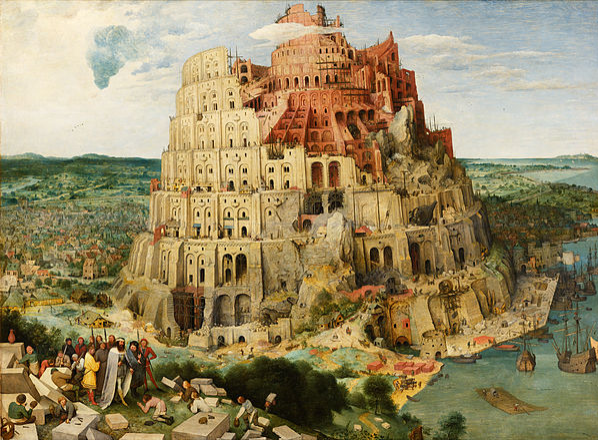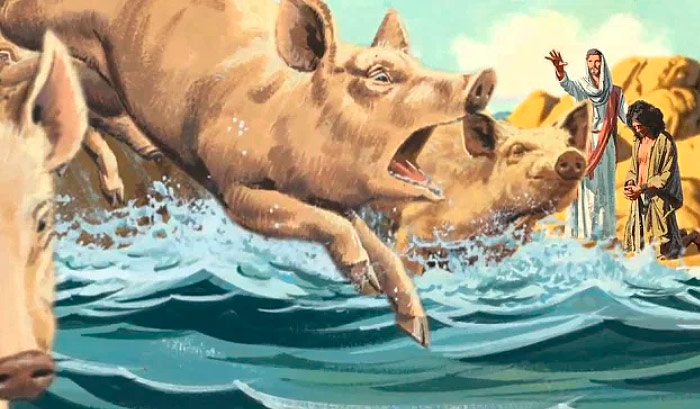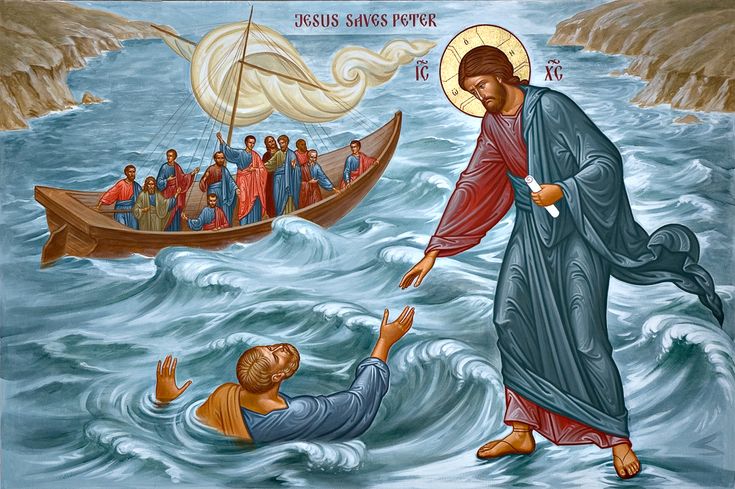There is only one way to have both deficits and a solid economy. We can go back to Plato’s Republic, in which he outlines ideal societies. In doing so, he outlines all the basic jobs that need to be done.
The work that a society needs to have done can be summed up in the Yellow Pages. There, all the legal occupations useful enough to make money are listed.
We see that providers of goods and services do not necessarily increase along with technology and population. Centralization is function of automation. Automation provides goods and services with less labor and cost. The more automation there is, the less work needs to be done.
Let’s imagine an island society so primitive that its 300 people were forced to spend all their time providing food, clothing, and housing. Further, let’s imagine that one third of the people are working in each field.
Then, imagine that a tractor, plow, planter, and harvester were dropped off by a more advanced nation’s ship. The brightest young man in the village is quickly taught how to operate them before the ship sets sail. “Hmmm.”, said the chief. “Now, only one person is necessary to plow, sow, and reap. There are now 99 people unemployed. They have to eat, even though they are no longer producing food.”
Then, a second ship arrives. It drops off an automatic cloth-making loom and a robot sewing machine. One person can run fleece or fiber through both and make more clothing than the hundred clothing makers used to produce. “Uhoh.”, said the chief. “Now, we have 99 people unemployed in food production and 99 unemployed clothing makers. We have to get both food and clothes to these people, even if they aren’t helping to get anything done.
A third ship drops off a sawmill, pneumatic nailer, and power tools powered by electricity from a windmill that’s also been left and set up. A person on the island is taught to use windmill to operate the tools. He is able to provide the materials to let every islander who wants a new house build one.
The new technologies have left only three people working on the island. If they agree, or can be forced, to go on providing for the others, there is no reason for anyone on the island to be poor, naked, or homeless.
And, since the output is the same, all can be provided without any deficits. How to have both deficits and a solid economy: When automation eliminates jobs, share the output with the newly unemployed. No deficits.








